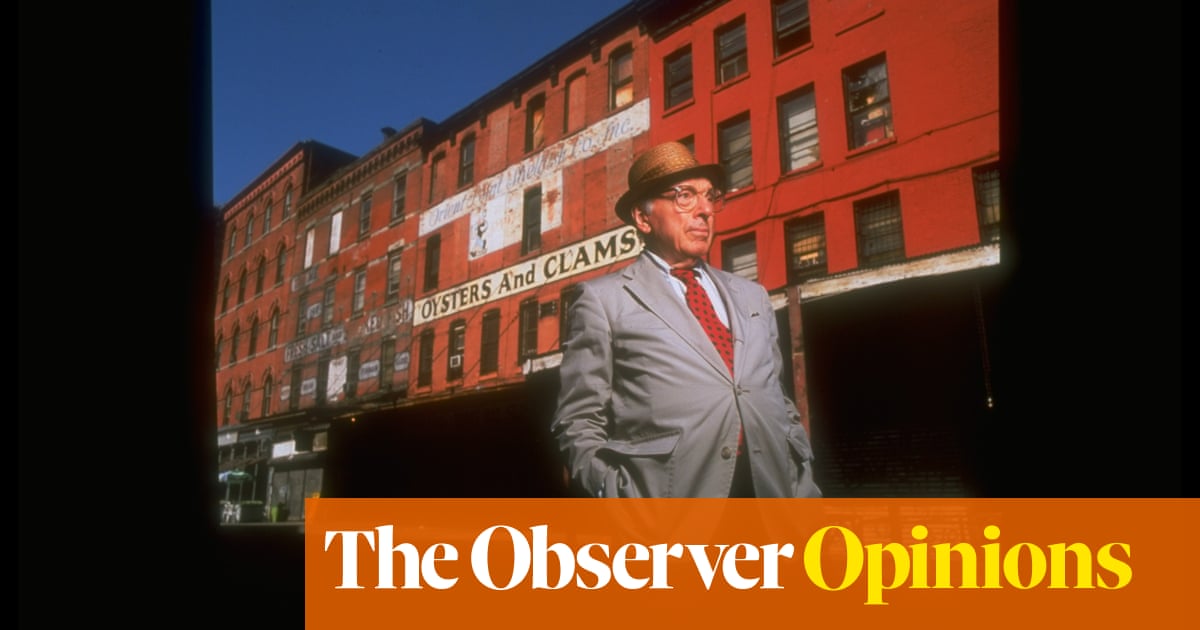
ince the lockdown began, time and memory seem to have lost all meaning. In March, the days seemed incredibly long, interspersed by daily news that had radical effects on our lives. I found myself saying things like, “can you believe it’s only been three days since we went into lockdown”? Now, in April, the converse is true. I often find myself trying to remember whether it has been two, three or five weeks since this first started.
During lockdown, the passing of time has come to resemble a Salvador Dalí dreamscape. The surrealist artist’s famous painting of melting clocks includes a silver pocketwatch draped like a shirt hung up to dry over a dead tree branch. Like overripe cheese, his clocks are soft and malleable, and represent what Dalí referred to as “the camembert of time”. In an attempt to challenge our sense of reality, he titled this piece The Persistence of Memory. It reminds us that time and memory are inherently linked, and neither are as rigid as we seem to think.
The fact that every day is objectively the same length doesn’t matter nearly as much as how long every day feels. Research has shown that we perceive time passing more slowly if it is “empty” – bringing to mind the proverb that a watched kettle never boils. When there is little perceptible change, and it feels like nothing is really happening, time feels like it is stretched – like one of Dalí’s clocks.
But the opposite is true when we assess time retrospectively. When we are looking back, an eventful minute feels like it was longer than an uneventful one. Similarly, we find that when remembering the past, we perceive a year as longer if it included more memorable events. The more unique or important events you can remember from a period of your life, the longer that period is likely to feel in retrospect.
No matter who you are, your life has probably quite suddenly changed from having a diverse range of experiences – going to work, socialising with friends, going to events – to feeling much more repetitive. Perhaps you are now furloughed at home without the routine of work to structure your day, or living in a wild turmoil of childcare and remote working, or you’re an essential worker who can’t take part in the social activities that would normally break up your days.
Often when we perceive time, what we’re actually perceiving is change. If you have fewer changes in your life, you are going to struggle to perceive time as you normally would. This can help to explain why periods that are historically momentous seem longer. The lockdown could also have longer-term implications for how we remember time. The unprecedented situation we now find ourselves in will inevitably be recounted again and again once it’s over. How will we remember this lockdown in a year, a decade, or 50 years from now?
Our internal timelines, our autobiographical memories, need a “before” and “after”, or what memory researchers call “temporal landmarks”. These landmarks allow us to organise our lives into a story. Any good story relies on a narrative arc of emotional highs and lows, rather than a flat line of emotions and events. According to psychological researchers Johanna Peetz and Mariya Davydenko, “any important point in time that stands out in the everyday humdrum of life may be a temporal landmark”. Maybe you organise your memories according to a particular point in time: after you fell in love with someone, before you got ill, or after you were promoted at work. Landmarks often include flashbulb memories of very intense moments of your life. These landmarks are intricately linked with how your autobiographical memory is structured.
If we don’t have suitable landmark memories, we are more likely to mistake what we did in the past. As time passes, this may even allow more room for memories of events that we never experienced at all. As a false memory researcher, this worries me. I’ve found that it’s possible to implant false memories of criminal or highly emotional events in people’s minds – and that false memories of highly emotional events can seem as “real” as those that are true. Without temporal landmarks, the profound illusions our memories are capable of generating are likely to be magnified.
And the lack of temporal landmarks during the lockdown may lead to an increase in memory gaps. When we have gaps in our memories, our brains have a tendency to fill them, and sometimes we fill them with rubbish. Our memories are likely already being contaminated by the false information that circulates online, or family members with a propensity for confabulation. By the time we get to next year, it might be very difficult for us to establish what we actually did, or saw, or felt during this period.
But it’s not all bad news. By recognising what influences your perception of time, you can regain some control over how you will remember this period of your life. If you want to parse the flow of your memory into meaningful pieces again, one of the most important things to avoid is routine. Look for new experiences and ideas, ideally ones that are emotional and require effort. Recreate how you might have organised something before the lockdown – you probably planned it ahead of time, experienced it, and shared it with other people.
During the lockdown, my partner and I have begun organising themed evenings centred around countries that we have never visited. We learn facts about the country, listen to a political podcast about it, cook the national dish, and watch a documentary or film relating to the place. This may sound like a lot, but that’s why it works as a landmark. Effective landmarks are things that your friends may consider “a bit much”.
The ideal temporal landmarks involve short and intense spikes of emotion and interest. While learning a new language or reading an 800-page magnum opus is likely to be satisfying in the long term, activities that stretch over multiple weeks will not make good landmarks.
This approach will hopefully help time feel more normal in these abnormal times. To remember things with precision and clarity, however, it’s still not enough. The one thing that almost every memory scientist repeats ad nauseum is this: if there are moments in your life that you want to preserve for posterity, write them down. Now. Assume that no matter how emotional, or interesting, or historic your experiences during the coronavirus lockdown are, you will forget them. Recording these memories outside your brain is the only way to truly keep them safe.












